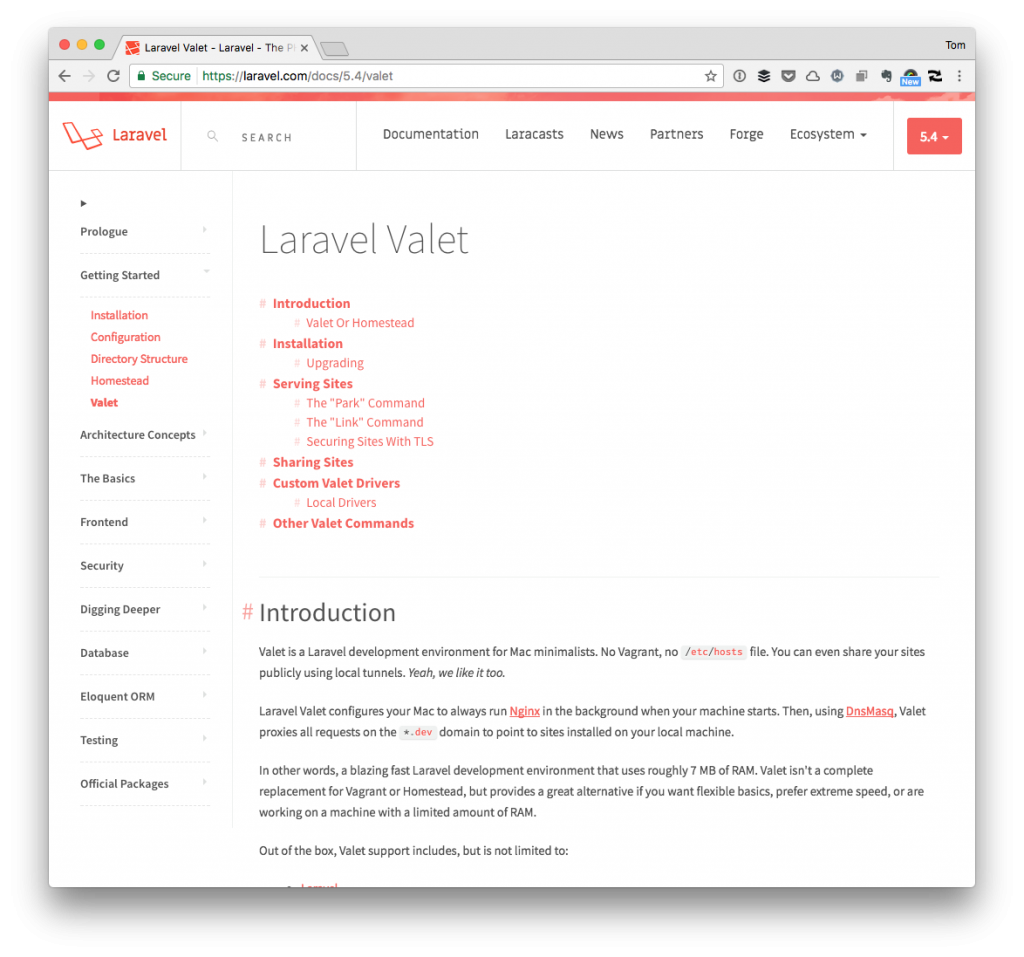When it comes to doing any type of development – I don’t care if it’s for the web, for mobile, or for some other platform – there are plenty of books, online courses, and so on that make it incredibly easy to learn whatever it is you want to learn.
To be clear, I’m not knocking any of the ways that are available to learn, either. After all, we all learn in different ways, right? And who am I say which way is better than any other way especially given the fact I write daily about topics here on and on other sites?
But I can definitively say for me – someone who has enjoyed both learning through formal education, tutorials, courses, and so on – the best way to gain experience in this industry has been two fold:
- working with other people,
- breaking things, and learning how to fix them.
Do I mean doing it in this specific order? Nope. Does this mean I’m leaps and bounds ahead of others? That’s laughable.
But as I have had the pleasure of working with others on multiple projects, talking with others via Twitter, conferences, and so on and experienced both the good and the bad, it’s something I think everyone should have the opportunity to do at some point.
If I had to summarize it, I’d say that it’s about finding a balance of team-based pragmatism and engineering. Why, though, if nothing of the above is new (given software companies have existed for decades) am I bothering to write about this now?
Continue reading

